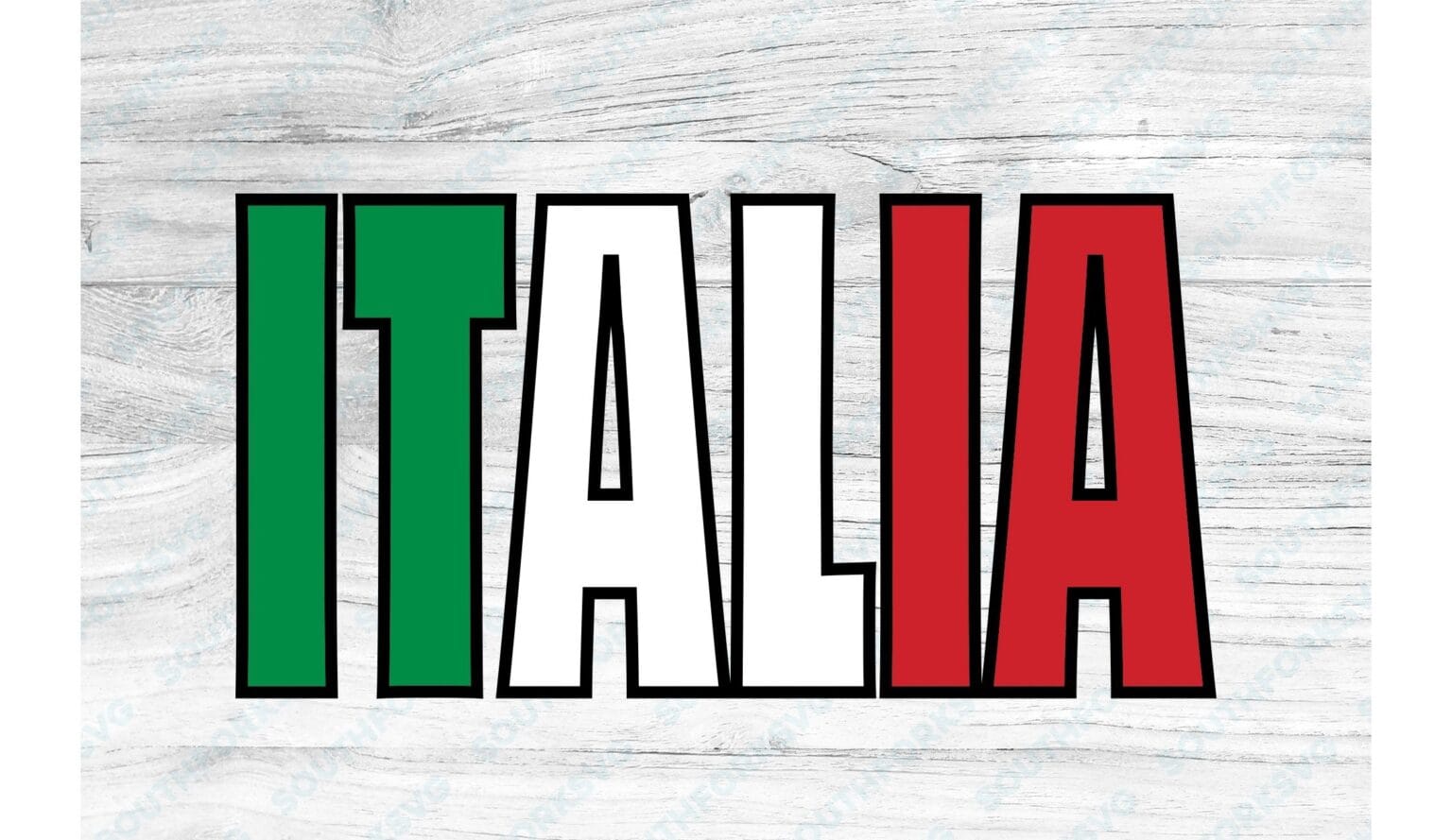If your business operates in Italy, there’s a major tax update you can’t afford to ignore. The Italian Revenue Agency (Agenzia delle Entrate) has rolled out new compliance guidelines, setting stricter standards for businesses looking to join the Cooperative Compliance regime. These updates could reshape how large companies manage tax risks, ensuring greater transparency and reducing potential disputes.
Signed by Deputy Director Vincenzo Carbone, these new rules define how companies must structure and certify their tax risk management systems to qualify for the program.
What does this mean for your business? Read on to find out.
Who Needs to Follow These Guidelines?
These new rules apply to businesses aiming to join the Cooperative Compliance program. But even if your company is already in the system or applied before Legislative Decree No. 221/2023 came into effect, you still need to certify the effectiveness of your tax control systems under future regulations from the Ministry of Economy and Finance.
Expanding Eligibility – Is Your Business Next?
- 2024: Open to companies with a turnover of at least €750 million.
- 2026: Threshold drops to €500 million.
- 2028: Further reduction to €100 million.
With eligibility expanding over time, more businesses will need to adapt quickly to meet compliance standards.
What is the Cooperative Compliance Regime?
Established under Legislative Decree No. 128/2015, Italy’s Cooperative Compliance framework is designed for businesses with strong tax risk management systems. It promotes a proactive, transparent relationship between companies and tax authorities, reducing tax uncertainty and potential legal disputes.
Why Should Your Business Join?
- Get ahead of tax risks by engaging with authorities before issues arise.
- Reduce penalties with a more transparent tax approach.
- Strengthen your company’s reputation as a responsible taxpayer.
- Ensure long-term financial stability with better tax planning and compliance.
What Your Business Must Do to Comply
1. Build a Tax Risk Management System
Your company must have a structured framework to identify, assess, and manage tax risks, ensuring clear documentation of tax-related processes and controls.
2. Obtain Tax Compliance Certification
New applicants must undergo an official certification process to prove the effectiveness of their tax control systems.
3. Stay Prepared for Expanding Regulations
As the turnover thresholds decrease in 2026 and 2028, businesses should proactively refine their compliance structures to stay ahead of regulatory changes.
Why This Matters for Global Businesses
With global tax scrutiny on the rise, Italy’s Cooperative Compliance program aligns with international efforts to promote corporate tax transparency. For multinational corporations and large Italian enterprises, early adoption of these standards can provide a competitive advantage, mitigating tax risks while fostering trust with authorities.
If your company meets the eligibility thresholds, now is the time to assess your tax governance structures and take action.
Read this article about Italy Set to Skyrocket Capital Gains Tax on Bitcoin to 42%
For further details, clarification, contributions or any concerns regarding this article, please feel free to reach out to us at editorial@tax.news. We value your feedback and are committed to providing accurate and timely information. Please note that all inquiries will be handled in accordance with our privacy policy


Click here to open the standard version and post your comment.